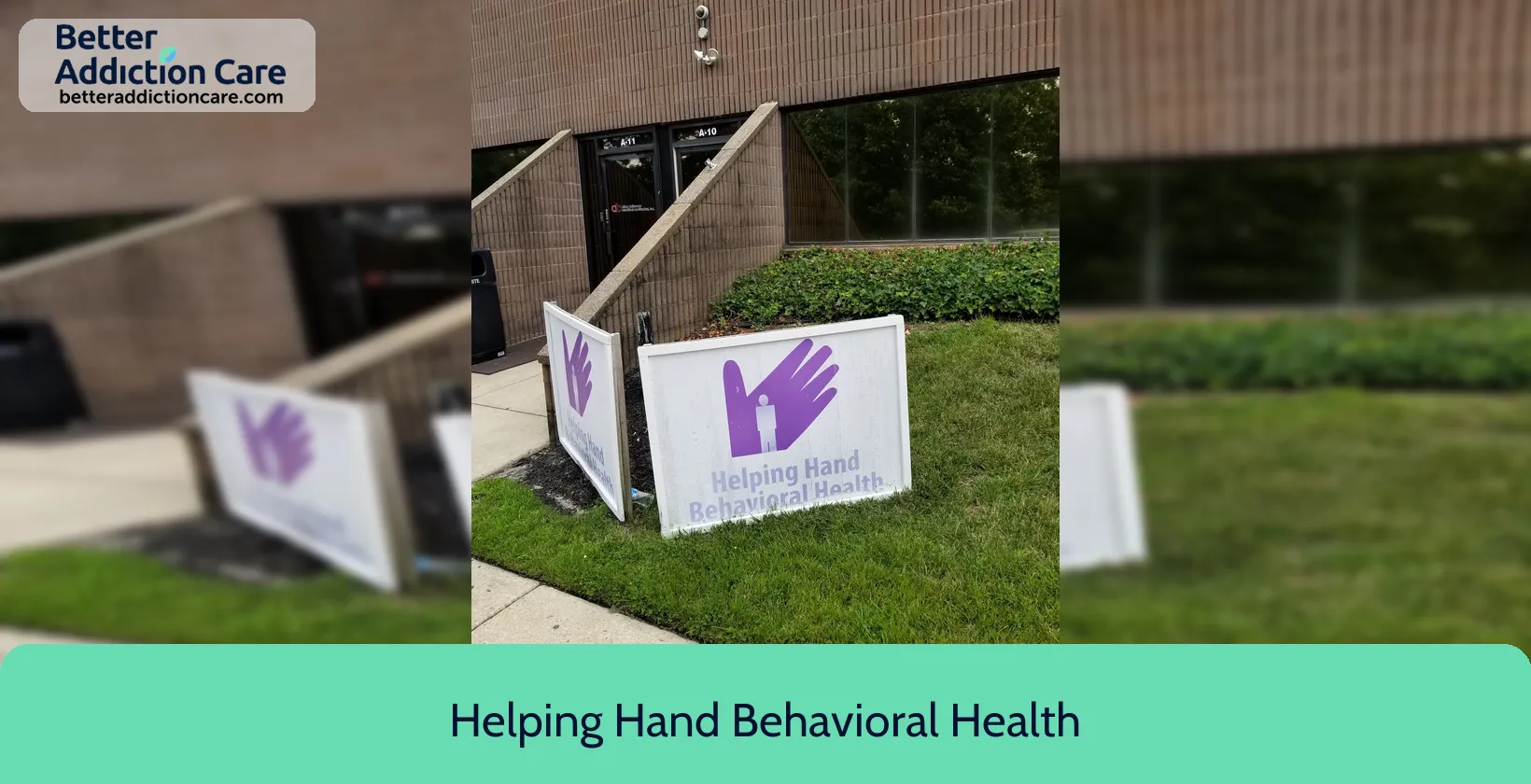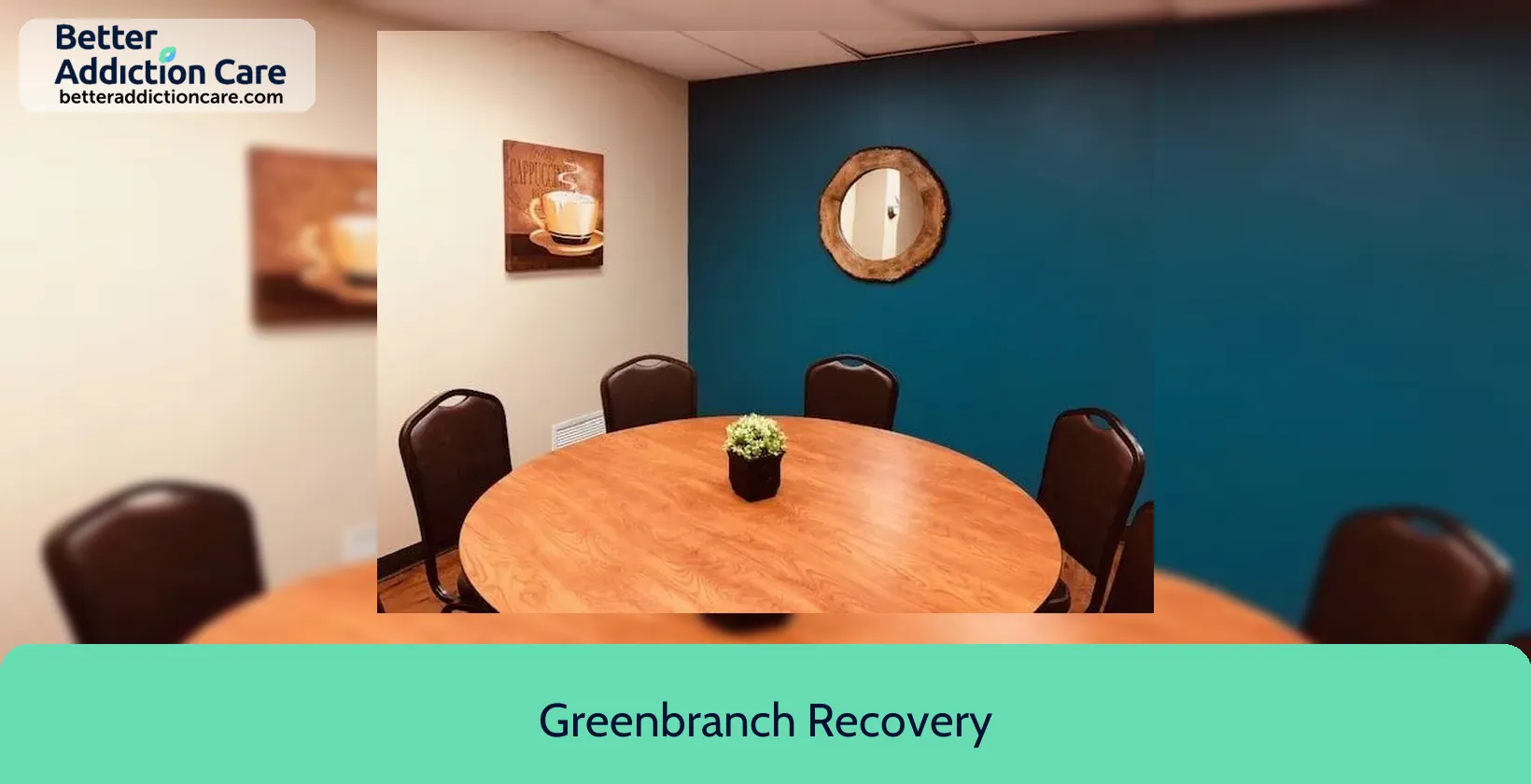Behavioral Crossroads Recovery
Overview
Since 2004, Behavioral Crossroads Recovery, located in Egg Harbor Township, New Jersey, has been dedicated to providing comprehensive treatment for substance use disorders and mental health conditions in adults. The facility offers a wide range of programs tailored to meet the diverse needs of its clients, ensuring personalized and effective care.
Behavioral Crossroads Recovery features a Hospital Day Program that focuses on treating mental health conditions. This program provides intensive, structured support for individuals needing a higher level of care. Additionally, the Partial Care Program addresses both mental health and substance abuse issues, offering treatment Monday through Friday for 5 to 6 hours each day, totaling 20 to 30 hours per week.
For those requiring a less intensive level of care, the Intensive Outpatient Program (IOP) provides 10 hours of treatment per week, allowing clients to maintain their daily responsibilities while receiving necessary support. The General Outpatient Program offers 1 to 3 hours of therapy per week, providing flexible and accessible care options.
Behavioral Crossroads Recovery also emphasizes relapse prevention, equipping clients with essential skills to maintain their recovery long-term. The facility conducts comprehensive psychiatric and substance abuse assessments to ensure that each individual receives the most appropriate and effective treatment plan.
Through a combination of evidence-based therapies, compassionate care, and a structured approach, Behavioral Crossroads Recovery is committed to helping individuals achieve lasting recovery and improved mental health. The facility's dedication to high standards of care and personalized treatment underscores its mission to support each client on their journey to wellness.
Behavioral Crossroads Recovery holds accreditation from The Joint Commission, underscoring its commitment to maintaining the highest standards of patient care and safety.
Behavioral Crossroads Recovery at a Glance
Payment Options
- Cash or self-payment
- Medicaid
- State-financed health insurance plan other than Medicaid
- Private health insurance
- Federal military insurance (e.g., TRICARE)
Assessments
- Screening for tobacco use
- Comprehensive mental health assessment
- Comprehensive substance use assessment
- Outreach to persons in the community
- Screening for substance use
Age Groups
- Seniors or older adults
- Young adults
- Adults
Ancillary Services
- Intensive case management
- Case management service
- Education services
- Integrated primary care services
- Mental health services
Highlights About Behavioral Crossroads Recovery
7.12/10
With an overall rating of 7.12/10, this facility has following balanced range of services. Alcohol Rehabilitation: 8.00/10, Drug Rehab and Detox: 6.31/10, Insurance and Payments: 6.00/10, Treatment Options: 8.18/10.-
Treatment Options 8.18
-
Alcohol Rehabilitation 8.00
-
Drug Rehab and Detox 6.31
-
Insurance and Payments 6.00
Accreditations
State department of health:

Government agencies issue State Licenses, granting permission to rehabilitation organizations to conduct their business operations lawfully within specific geographic regions. Generally, the particular rehabilitation programs offered by a facility and its physical location dictate the necessary licenses needed for legal operation.
The Joint Commission:

The Joint Commission, previously known as JCAHO, is a nonprofit organization that accredits rehabilitation organizations and programs. Established in 1951, its mission is to enhance the quality of patient care and showcase excellence in healthcare delivery.
Treatment At Behavioral Crossroads Recovery
Treatment Conditions
- Mental health treatment
- Alcoholism
- Substance use treatment
- Co-occurring Disorders
- Opioid Treatement
Care Levels
- Partial Hospitalization Program
- Outpatient
- Outpatient day treatment or partial hospitalization
- Intensive outpatient treatment
- Regular outpatient treatment
Treatment Modalities
- Individual psychotherapy
- Cognitive behavioral therapy
- Dialectical behavior therapy
- Integrated Mental and Substance Use Disorder treatment
- Activity therapy
Ancillary Services
Languages
- Spanish
Additional Services
- Pharmacotherapies administered during treatment
- Housing services
- Drug or alcohol urine screening
Special Programs
- Clients with co-occurring mental and substance use disorders
- Veterans
- Clients who have experienced trauma
- Persons 18 and older with serious mental illness (SMI)
- Persons with post-traumatic stress disorder (PTSD)
Get Help Now
Common Questions About Behavioral Crossroads Recovery
Contact Information
Other Facilities in Egg Harbor Township

6.68

7.45

7.17
DISCLAIMER: The facility name, logo and brand are the property and registered trademarks of Greenbranch Recovery, and are being used for identification and informational purposes only. Use of these names, logos and brands shall not imply endorsement. BetterAddictionCare.com is not affiliated with or sponsored by Greenbranch Recovery.

